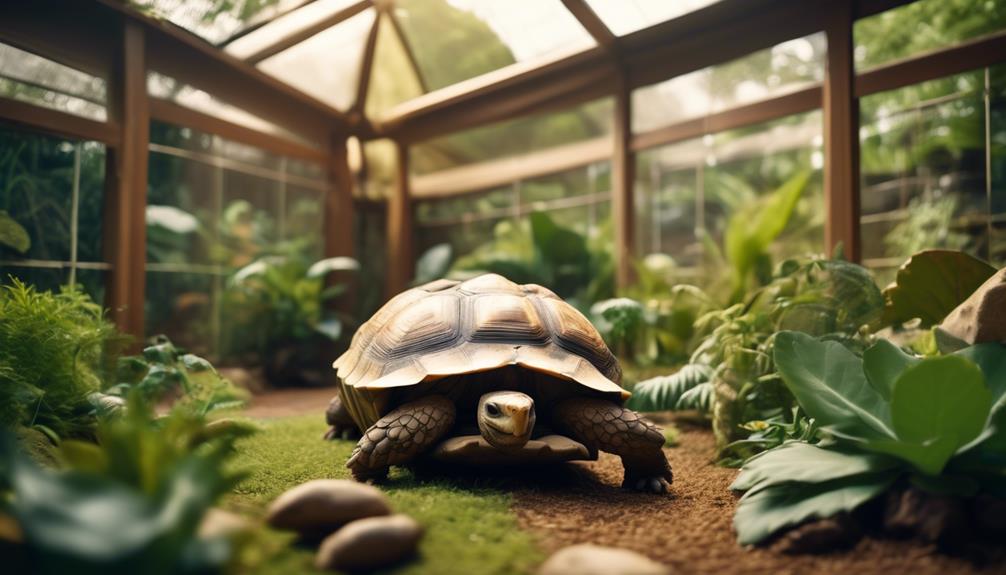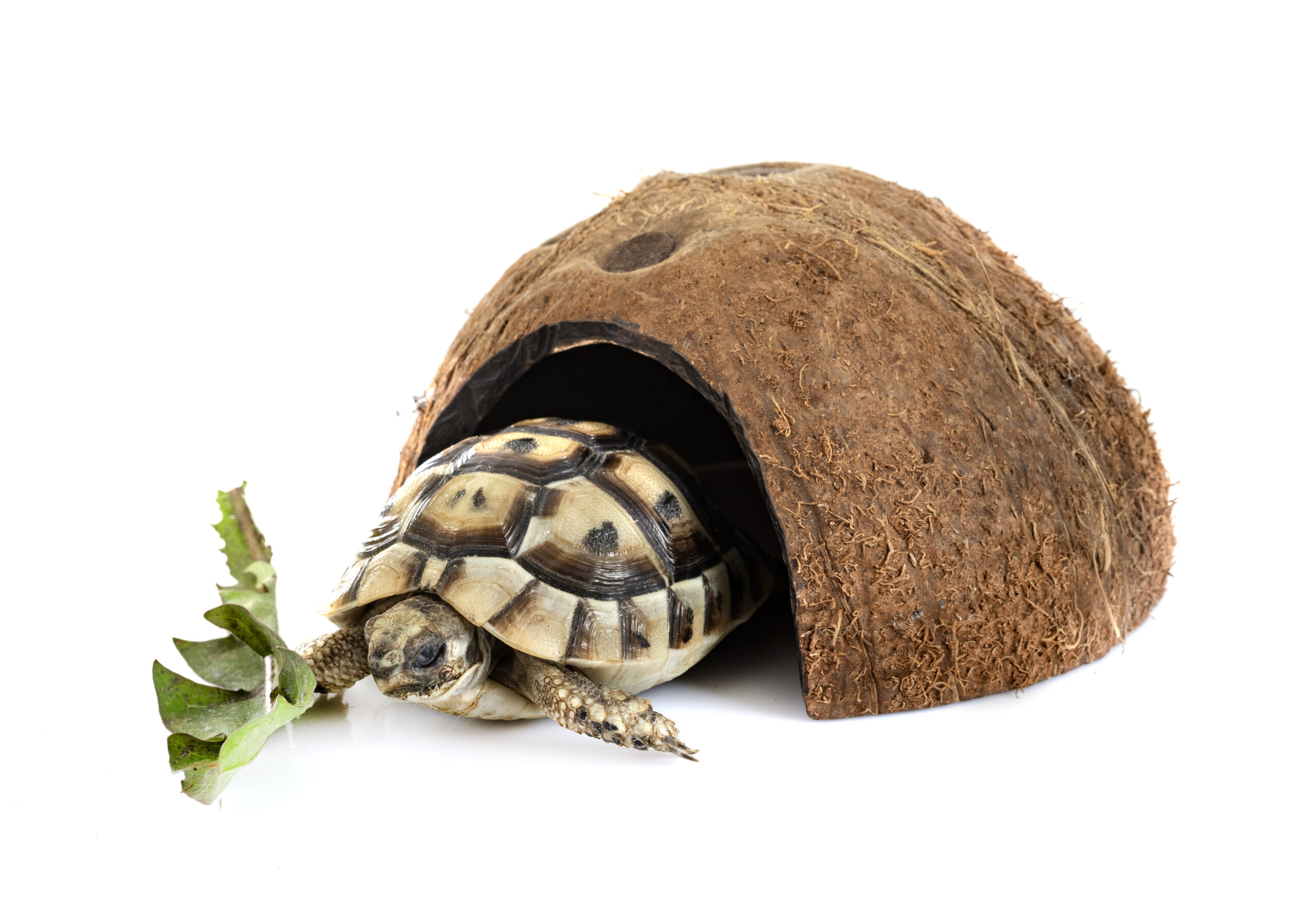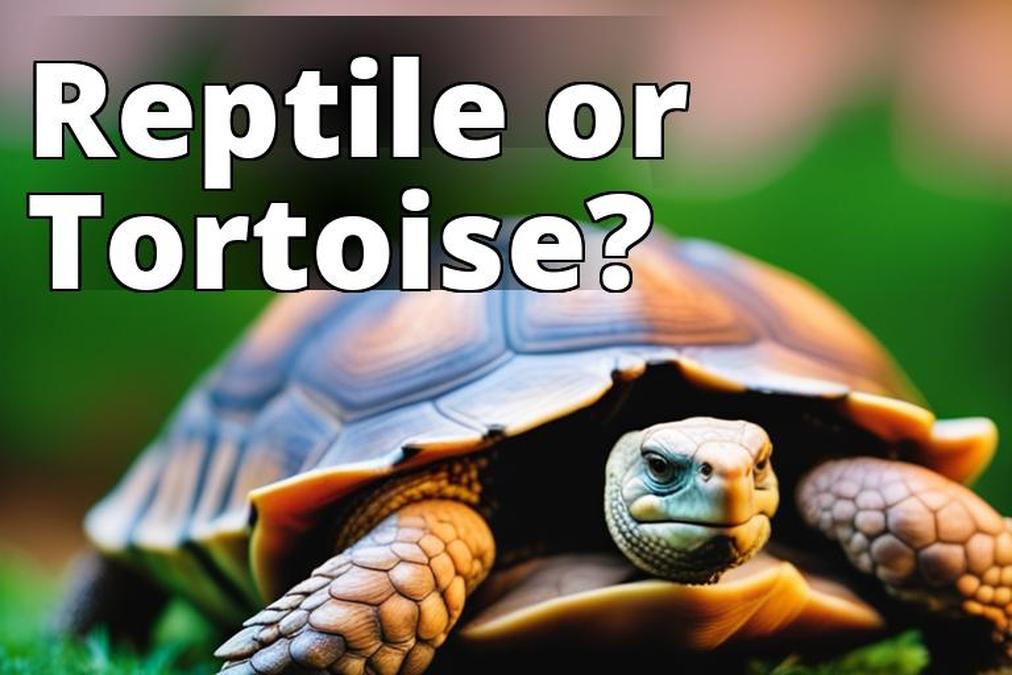When it comes to tortoises and tomatoes, understanding a tortoises dietary needs is a cornerstone to ensuring their well-being and longevity. Among the plethora of foods suitable for tortoises, tomatoes often pique the interest of many tortoise enthusiasts. Their vibrant color and the nutritional punch they pack make them appear as a tempting treat for our shelled companions. However, like with any other food item, it’s crucial to understand how tomatoes fit into a tortoise’s diet.
Can tortoises eat tomatoes?
A balanced diet, with a cautious introduction of tomatoes and other safe foods, forms the cornerstone of a happy and healthy tortoise, making the journey of caring for your tortoise a rewarding experience.
We explore the benefits, risks, and considerations of feeding tomatoes to tortoises in this guide. This article will help you understand the nutritional value of tomatoes and other important dietary components for your tortoise. It aims to give you the information you need to make informed dietary choices. So, let’s embark on this educational journey to ensure the health and happiness of your cherished tortoise.
Key Takeaways:
Key Points Description Moderation Tortoises can eat tomatoes, but in moderation to avoid health issues. Ripeness Only ripe tomatoes should be fed as unripe ones are toxic to tortoises. Species Sensitivity Some species may digest tomatoes better than others. Nutritional Value Tomatoes offer antioxidants, vitamin C, and other nutrients beneficial to tortoises. Avoidance Leaves and stems of the tomato plant are toxic and should be avoided. Other Dietary Essentials A balanced diet with a variety of safe leaves, flowers, and occasional fruits is crucial for tortoises’ health.
Understanding Tortoises and Tomatoes
Tortoises, being mainly herbivorous, can enjoy a variety of fruits and vegetables as part of their diet. Tomatoes, when ripe and fed in moderation, can be a part of this variety. However, just like other foods, there are certain considerations to keep in mind to ensure the health and well-being of your shelled friend. According to Small Pets HQ, overfeeding tomatoes can be detrimental, and it’s essential to avoid unripe tomatoes as they are toxic to tortoises. Additionally, while exploring a good tortoise diet, it’s crucial to provide a balanced diet to meet their specific dietary needs.
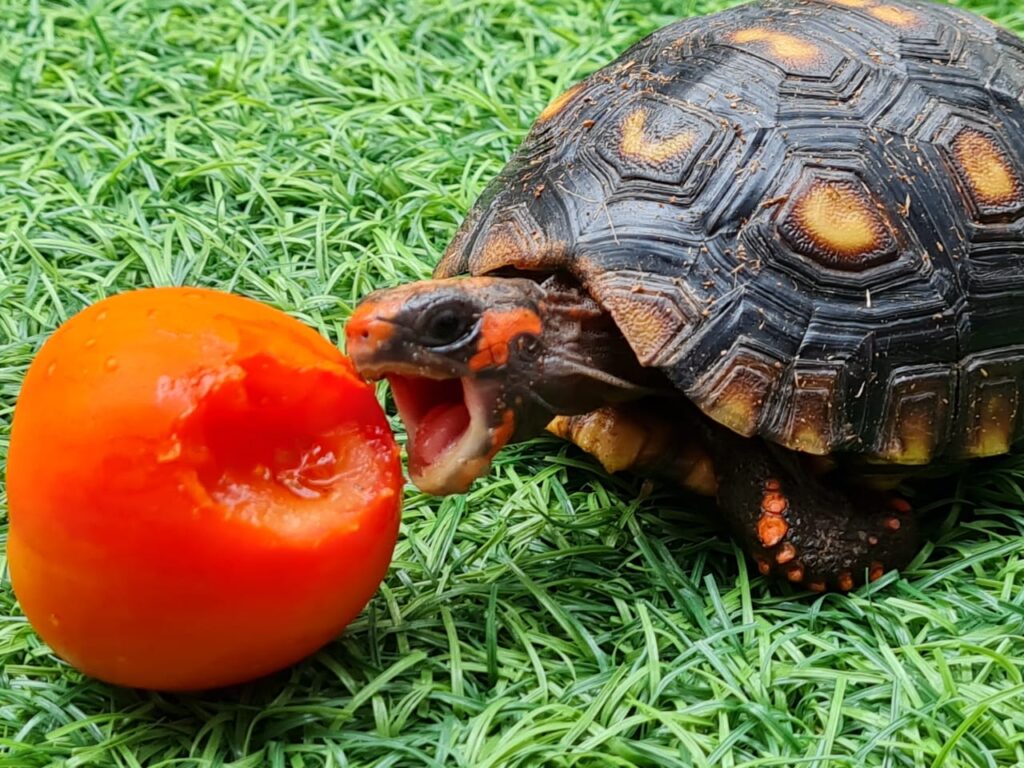
Dietary Variations Among Tortoise Species
Different species of tortoises may have varying reactions to tomatoes. For instance, Polyaquatic mentions that Sulcata and Hermann’s tortoises, which primarily consume grasses and other vegetation in their natural habitats, might not digest tomatoes as well. Observing how your tortoise reacts to tomatoes and adjusting their diet accordingly is crucial to ensure their dietary satisfaction and overall health.
| Tortoise Species | Typical Dietary Preferences |
|---|---|
| Sulcata Tortoise | Mainly grasses and vegetation |
| Hermann’s Tortoise | Primarily grasses with occasional fruits |
| Russian Tortoise | Variety of greens and occasional fruits |
Nutritional Benefits and Risks
Tomatoes are known for their nutritional value, providing antioxidants, vitamin C, and other beneficial nutrients. However, they also have phosphorus, which, as Turtle Owner points out, can inhibit the absorption of calcium, essential for shell health. Moreover, it’s crucial to avoid the leaves and stems of the tomato plant as they are toxic to tortoises.
| Nutrient | Benefits | Risks |
|---|---|---|
| Antioxidants | Protects against free radicals | – |
| Vitamin C | Boosts immune system | – |
| Phosphorus | – | Inhibits calcium absorption |
Other Essential Dietary Components for Tortoises

A well-rounded diet is fundamental for the health and longevity of your tortoise. As primarily herbivorous creatures, tortoises thrive on a diet rich in fiber and varied in nutritional components. According to the guidelines provided on Tortoise Tips, here are some essential dietary components to consider:
Leafy Greens
Leafy greens should form a significant part of your tortoise’s diet. They are rich in essential vitamins, minerals, and fiber which aid in digestion. Some recommended leafy greens include:
- Kale: High in vitamins A, C, and K, and also provides a good amount of calcium and iron.
- Spinach: Offers vitamins A, C, K, and B vitamins, along with minerals like iron, calcium, and magnesium. However, it should be fed in moderation due to its oxalic acid content.
- Dandelion Greens: Rich in vitamins A, C, and K, as well as calcium, iron, and potassium.
Other Vegetables
Other vegetables can add variety and essential nutrients to your tortoise’s diet. Some good choices include:
- Carrots: Provide vitamin A and other antioxidants beneficial for health.
- Bell Peppers: High in vitamin C and antioxidants.
- Squash: Offers vitamins A and C, along with dietary fiber.
Occasional Fruits
While fruits should be given sparingly, they can serve as a nutritious treat for your tortoise. Some fruits to consider are:
- Strawberries: High in vitamin C and antioxidants.
- Melon: Provides hydration and vitamins A and C.
Flowers
Some tortoises also enjoy eating flowers, which can be a healthy part of their diet. Safe flowers include hibiscus and nasturtiums.
Hydration
Ensure fresh water is always available for your tortoise to drink and soak in. Hydration is crucial for their overall health.
Dietary Schedule
It’s advisable to feed your tortoise small meals throughout the day, allowing them to graze naturally and ensuring they receive a well-rounded intake of nutrients.
Avoiding Toxic Foods
Certain foods are harmful or toxic to tortoises, such as rhubarb leaves or certain types of beans. Always research any new food items before introducing them to your tortoise’s diet.
By adhering to these dietary guidelines and ensuring a variety of safe and nutritious foods, you will significantly contribute to the health, happiness, and longevity of your tortoise.
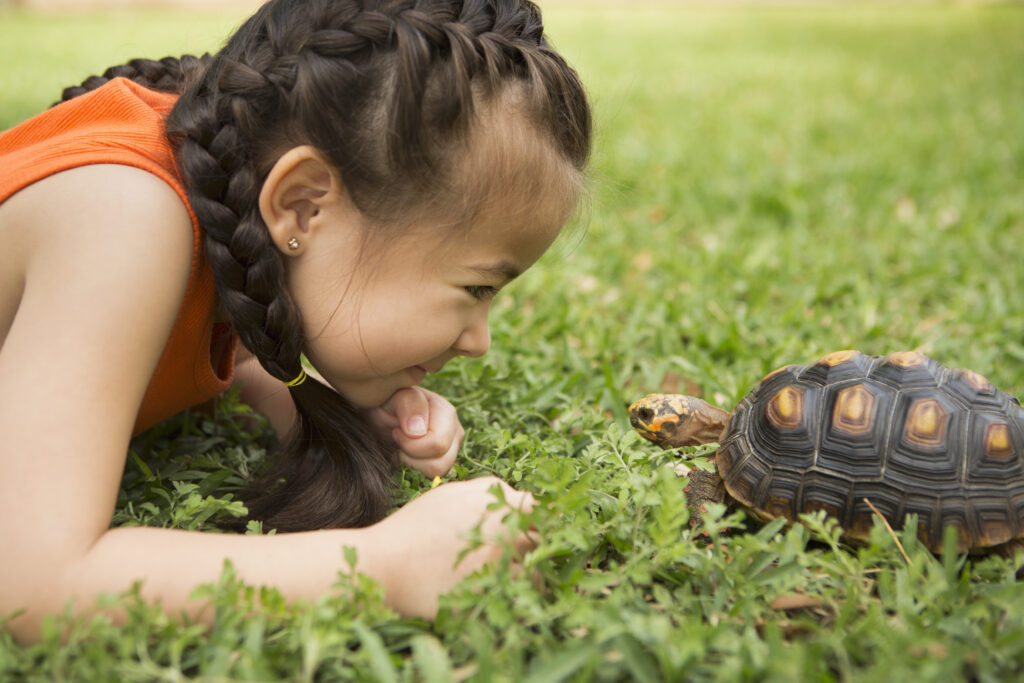
Conclusion
Feeding your tortoise a balanced diet, inclusive of occasional treats like ripe tomatoes, is crucial for their health and longevity. Ensuring the tomatoes are ripe and given in moderation, along with observing your tortoise’s reaction to them, will contribute to a nutritious diet. The comprehensive guides on Tortoise Tips provide a wealth of information for those looking to deepen their understanding of tortoise dietary needs. A balanced diet, with a cautious introduction of tomatoes and other safe foods, forms the cornerstone of a happy and healthy tortoise, making the journey of caring for your tortoise a rewarding experience.





